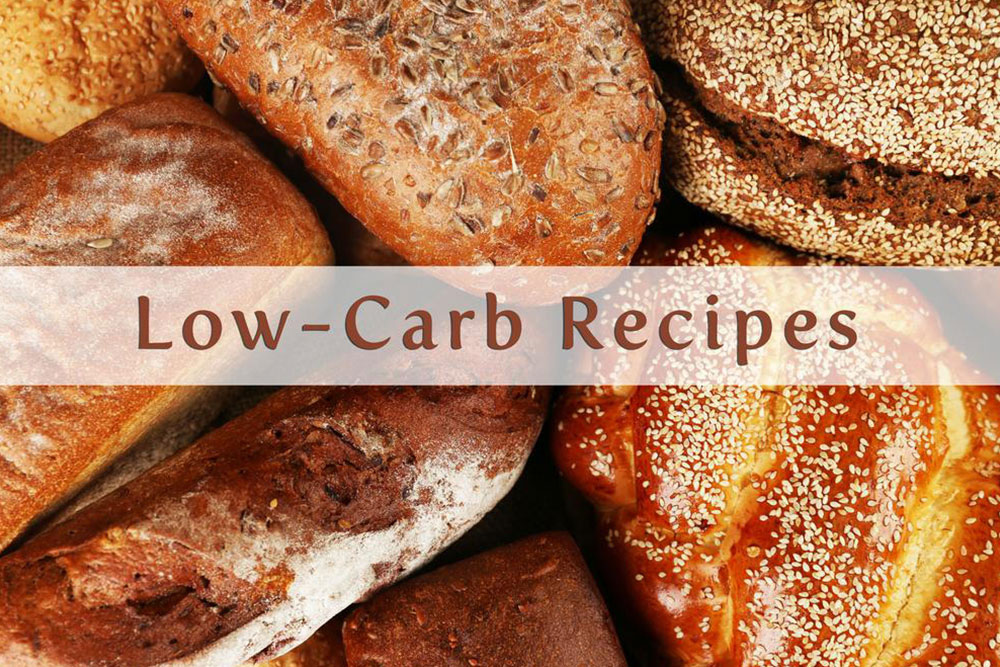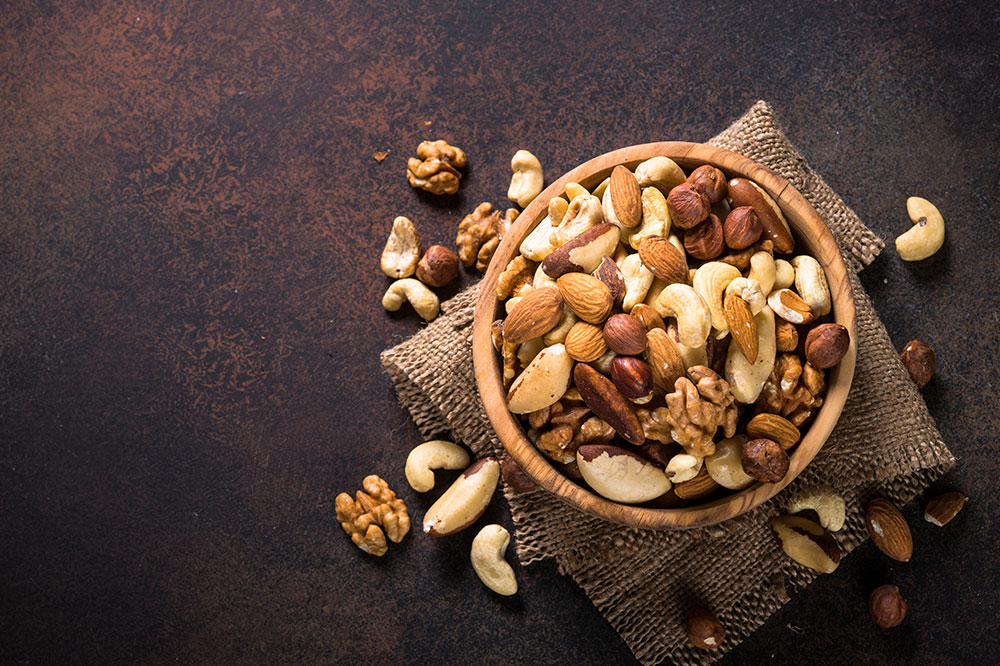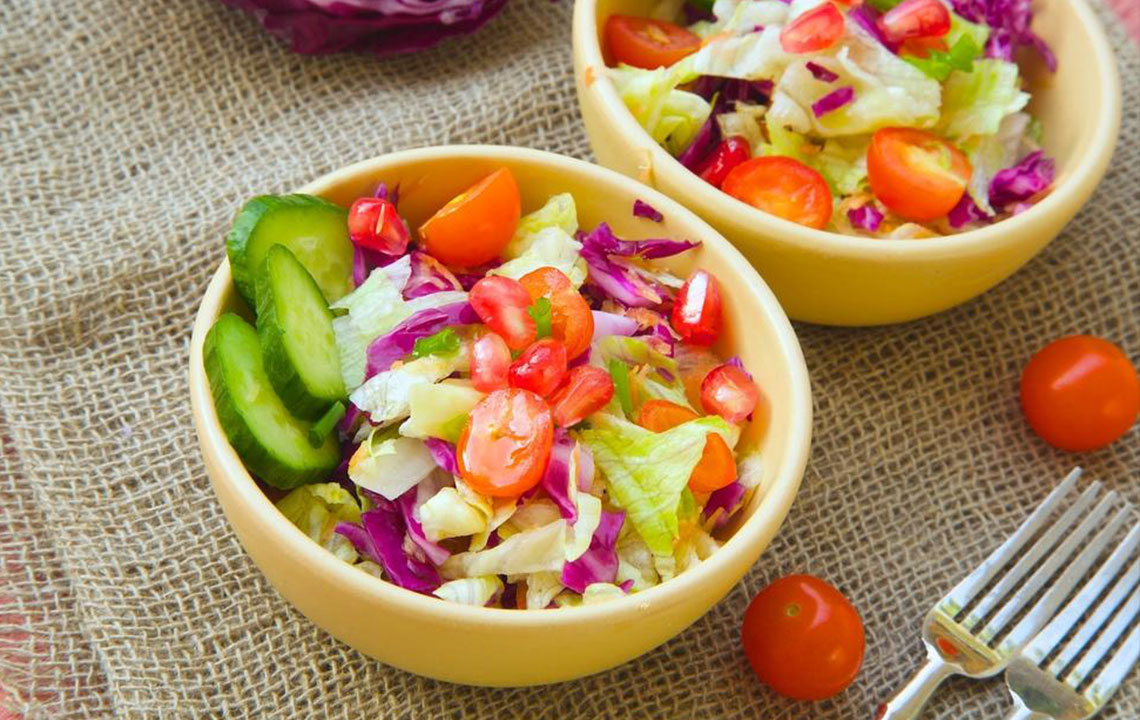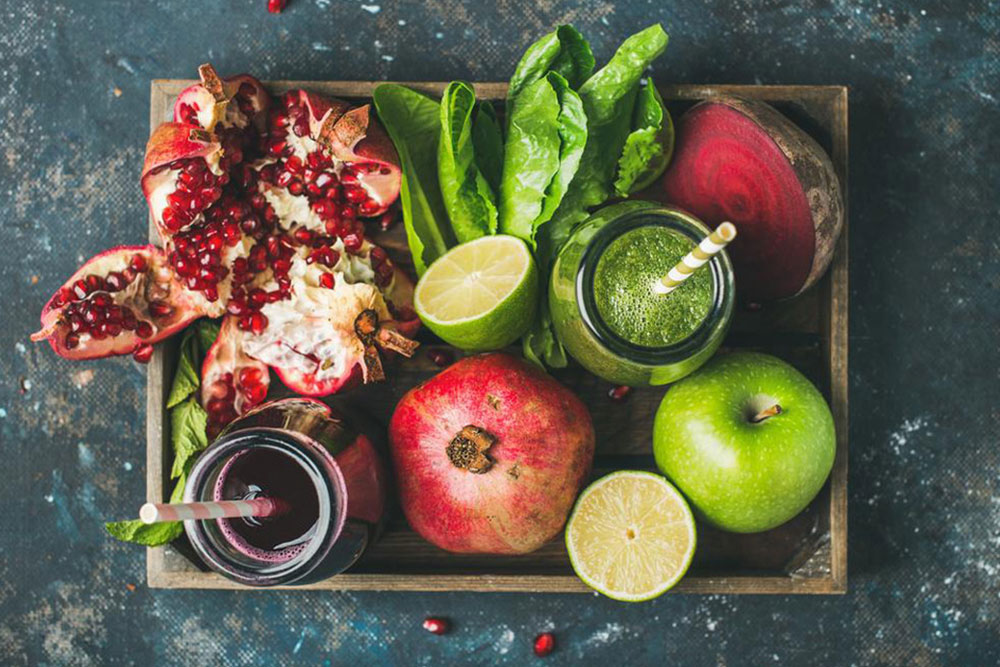Healthy Meal Ideas for Your Mediterranean Diet Plan
Discover wholesome meal ideas for a Mediterranean diet that promotes health and longevity. This guide highlights key foods, dishes, and meal planning tips inspired by traditional Mediterranean eating habits. Learn which foods to include, limit, or avoid, and get sample weekly menus with snack options. Tailor your diet with professional advice for best results, and embrace a lifestyle centered on fresh, natural ingredients for improved well-being.
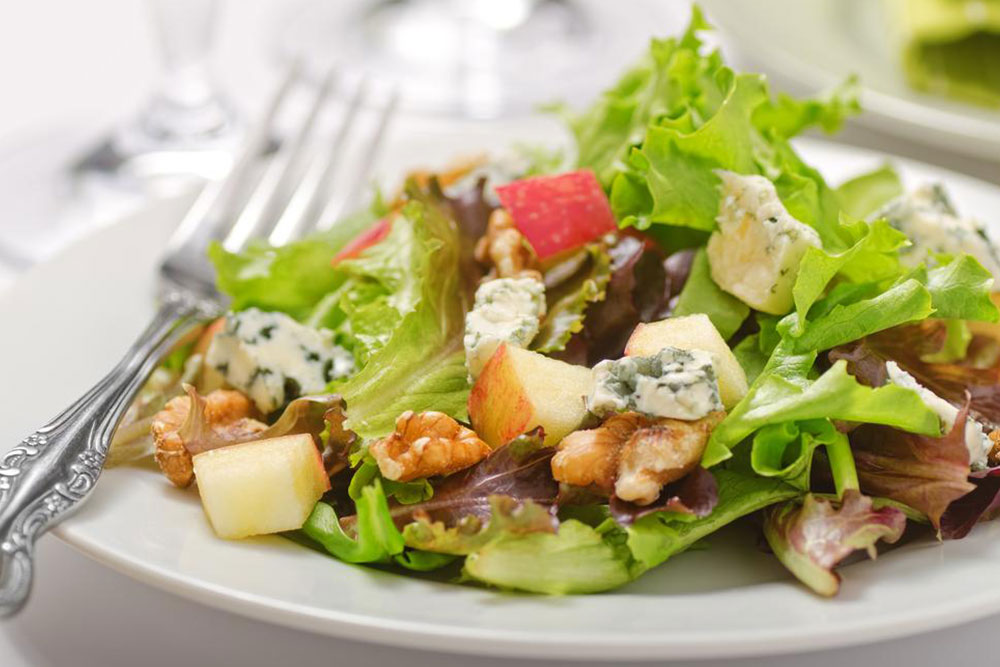
Healthy Meal Ideas for Your Mediterranean Diet Plan
The Mediterranean eating style draws inspiration from the traditional diets of Greece and Italy during the 1960s. It emphasizes a variety of fresh fruits, vegetables, pasta, rice, and moderate red meat intake. Studies suggest this diet supports weight management, reduces stroke risk, and lowers the likelihood of type 2 diabetes, heart disease, and early mortality. Since the Mediterranean region encompasses diverse countries, the diet varies regionally, but its core focus remains on wholesome, natural foods.
In this article, discover key foods and dishes to include in your Mediterranean diet for a healthier lifestyle.
Essential Principles of a Mediterranean Diet
Here are the fundamental foods to incorporate:
Foods to eat regularly: Vegetables, legumes, whole grains, fruits, nuts, seeds, olive oil, fish, and seafood
Moderate consumption: Eggs, dairy (cheese and yogurt), poultry
Rarely consumed: Red meat
Foods to avoid: Sugary desserts, processed meats, refined sugars, refined grains, and processed oils
Foods to Limit or Skip:
Added sugars: Candies, sodas, ice creams
Refined grains: White bread, conventional pasta
Unhealthy fats: Canola oil, soybean oil, trans fats in processed foods
Processed meats: Sausages, hot dogs
Key Foods to Focus On:
The Mediterranean diet emphasizes fresh, minimally processed foods rich in nutrients. Expect to consume abundant vegetables and fruits, lean proteins like fish and poultry, whole grains, and healthy fats from olives and nuts. Incorporating seafood twice daily is common, along with herbs and spices for flavoring. Hydration with water, tea, and coffee is encouraged, with optional moderate wine intake. Avoid sugary drinks and processed snacks for optimal health benefits.Here’s a sample weekly meal plan (consult a nutritionist for personalized advice):
Monday: Yogurt with strawberries and oats; pasta dish; baked salmon with brown rice and vegetables
Tuesday: Oatmeal; tuna salad; tomato and feta salad with olives
Wednesday: Vegetable omelette with fruit; veggie and cheese whole grain sandwich; homemade lasagna
Thursday: Fruit slices with yogurt; vegetarian lasagna; salmon with rice and vegetables
Friday: Veggie omelet cooked in olive oil; Greek yogurt with berries; grilled lamb salad with baked potatoes
Saturday: Oatmeal; vegetable and cheese sandwich; whole wheat pizza with vegetables
Sunday: Omelet with vegetables and olives; veggie pizza; grilled chicken with vegetable salad and fruits for dessert
Healthy snack options include Greek yogurt, nuts, fresh fruits, carrots, grapes, and apples. Remember, tailoring your diet to your specific needs through a dietitian ensures better results and safety.
Note:
Our blog offers varied insights across health, nutrition, and lifestyle topics. While we strive to provide accurate and helpful information, it’s essential to consult a healthcare professional before adopting new dietary habits. The content should not replace professional advice, and users should be aware of potential discrepancies across different sources. Additionally, some offers or schemes may not be covered or updated here.

